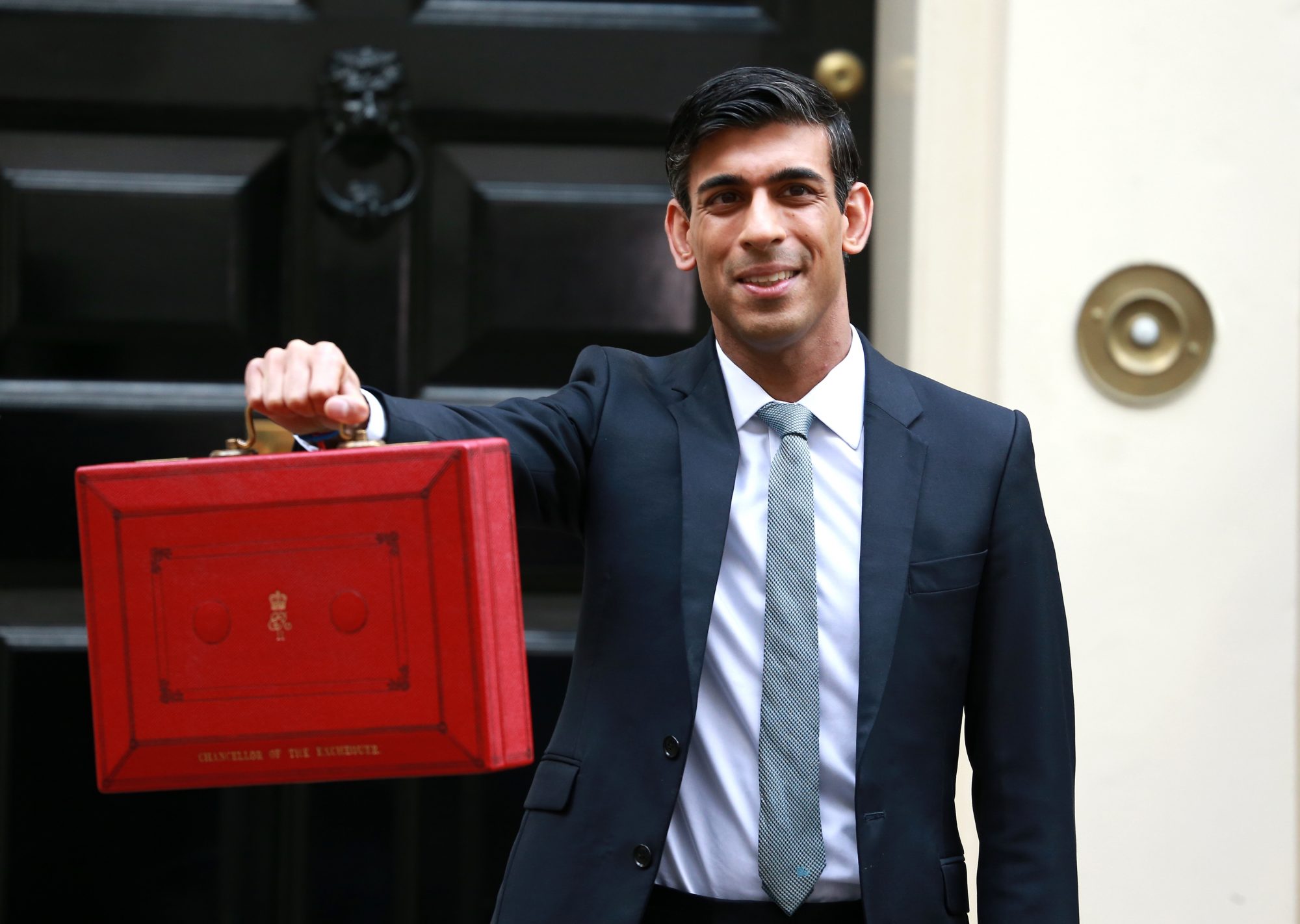
Organisational Culture is a set of behaviours and practices that become the norm. By repetition of these “habits”, our experiences, activities and values become ingrained. Distinctive patterns help us differentiate between organisations.
According to international research from Mckinsey and Fortune 100 Best Places to Work - the way employees feel about how they are treated in organisations is closely linked to employees’ engagement i.e. emotional commitment. Furthermore, organisations with cultures that have successful change adaptation have strong alignment with high performance.
The worldwide pandemic has changed our mind-sets. Work is no longer central, but must take its place alongside other priorities e.g. child/elderly care, hobbies and exercise. We can work from anywhere (often remotely) and lifelong employment is rare. Consequently, the purpose, values and vision of employees (gig, contract, remote, permanent) now has a greater influence on company culture.
In the evolving world of work, creating great cultures is not about our employees fitting into the organisation but how organisations fit into employees’ lives.
As Culture Cultivators, leaders need to infuse great work practices to create crops of winning teams who love their work, enjoy collaboration and produce innovative results.
Essential ingredients will help leaders grow successful company cultures:
1 The employee lifecycle
• Ensure your employment process helps employees understand the organisation’s strategic, environmental and societal aims/values.
• During interviews, allow prospective employees to articulate values, interests and needs.
• Reflect individual preferences in employee contracts and reward packages to attract and retain talent in a competitive landscape; allow flexible work patterns and work-life balance.
• Get gig or temporary workers up and running quickly, giving them essential information and access to peer/senior management support.
• Understand what unique benefits new members will bring to the team and, once employed, articulate these benefits to their colleagues.
• Show appreciation of different cultures and diversity by adapting talent strategy practices including psychometric tests, remote interviews, communication and development.
• When employees exit, demonstrate that we have valued their input where applicable and give them an opportunity to suggest any improvements.
• Use technology, video, AI, or other immersive experiences together with face-to-face formal/ informal interactions to involve employees, enabling establishment of rituals.
2 Belonging and Commitment
• Allow all team members to contribute to meetings; rotate assignments and groups fairly; give recognition to diverse talents; encourage employees to voice opinions verbally, in writing or in creative ways to improve collaboration e.g. brainstorming.
• Ensure employees understand how their roles link to key strategic objectives; give employees regular updates on performance against KPIs/ objectives and what value they’ve added.
• Find ways of forming diverse teams with differing skills/talents/perspectives.
• Reward and celebrate achievements of all team members in small and large ways, matching incentives to values and lifestyle.
• Provide access to training and development using online, face-to-face, written and remote learning, coaching, buddies and mentoring; ask and listen to employees’ development needs to evolve career goals which may be upward or sideways in the career web.
• Educate yourself on diversity, neurodiversity e.g. books, seminars, best practice.
• Ask employees what practices will help them feel included.
• Decide how frequent and what form your communication will take dependant on your team’s needs e.g. telephone calls, texts, zoom, face-to-face; provide a balance between formal and informal communication.
• Examine terminology and scope of your employee policies, procedures and communication, respecting diversity, equity, inclusion and disability; audit their application regularly, getting input from diverse groups.
• Involve contractors, remote, part-time workers. Give them swift access to key stakeholders; put them in small groups to get to know fellow team members.
3 Awareness of behaviour
• Develop plans to improve awareness of your own leadership impact: What are your triggers? How will you mitigate your own bias? Do you favour those who are similar? How do you deal with your development areas/blind-spots?
• Encourage feedback from employees about the company, leadership and colleagues in one-to-ones, pulse surveys, meetings, 360 reviews; train how to deliver and receive feedback.
• Ask your team the following in one to ones and team meetings:
Is there anything I/the team can do to facilitate progress on project/task?
Who/what can I connect you with (person/information/materials)?
• In meetings, review examples of policies or processes that do/don’t mirror values; create actions to rectify; gather trends from community and social issues.
• Involve senior management sponsors in feedback practices to influence strategy, plans and policy; discuss culture in senior meetings and role-modelling of values.
• Ensure discussion with customers, suppliers and educational institutions for process, service and behaviour reflection.
• Make wellbeing part of the agenda at meetings; know how to spot burnout in yourself or others; ensure that employees have mentors/counsellors they can feel safe speaking to.
Encouraging a sense of belonging and commitment throughout the employee lifecycle, for all employees, will create culture roots into the organisation which can be nurtured through
collaboration, empathy and development. The harvest is a hybrid and diverse organisational team which has an inwardly and outwardly reflective and adaptive culture.
Contact Crest Coaching & HR for help with creating winning cultures on info@crestcoachingandhr.com or 07702 298363.





